
The Senate Committee on Federal Capital Territory (FCT) yesterday said it has uncovered an alleged fraud under former President Olusegun Obasanjo to the tune of $196 million inflated over the actual contract sum for the Abuja Light Rail Project.
Further findings made by the committee also revealed that the former president allegedly awarded the project in 2007 without a Memorandum of Understanding (MoU) or a design accompanying same.
It was further gathered that the then Minister of FCT and current governor of Kaduna State, Malam Nasir el-Rufa’i, was said to have signed the contract based on uncalculated estimate.
The committee discovered that the contract, which stood at 60.67 kilometres, was inflated by $10 million per kilometre even as the length was later reduced to 45 kilometres without refund of the cost for the reduced 15.67 kilometres.
Irked by the discovery, Chairman of the committee, Dino Melaye (APC, Kogi West), demanded the refund of the sum of $195,878,296.74, being the amount for the 15.67 kilometres cut out, from the Chinese Civil Engineering Construction Company (CCECC), handling the project.
Project Manager of the company, Etim Abak, who answered questions from members of the committee when they undertook oversight assignment to the project site, said the contract was signed by the then FCT Minister without design and MoU, adding that it was carried out based
on what he simply identified as conceptual design.
“The contract was awarded based on conceptual design and estimates were not properly done. There was no formal design submitted and rail bridges and crossover bridges were not captured in the contract,” he told the committee.
Melaye, while speaking at the site, said his research showed that the rail project was inflated by over $10 million per kilometre, wondering why such corrupt act was perpetrated by handlers of the project.
The lawmaker noted that the contract sum was $841.645,898 and project completion period was 48 months while the scope of work was 60.67km standard gauge, with double railway tracks and associated permanent way within FCT, concluding that the whole project was shrouded in fraud.
He wondered why the project, which length initially stood at 60.67 kilometres, was later reduced to 45. 245 kilometres without reduction in the cost of the project initially paid for.
“Now, you have reduced the length of the kilometre standard gauge from 60.67 kilometres to 45.245 kilometres, meanwhile, there is no concomitant reduction if you juxtapose the length of kilometres and the reduction in terms of the cost.
“If we are to spend 841 million dollars for 60.67 kilometres and now you have reduced to 45.245 kilometres and the only reduction in terms of monetary value is from $841.6 million to $823 million and with reduction of just about $17 million; that to me is not commensurate to the reduction in terms of length,” Melaye observed
Continuing, the lawmaker said: “The Federal Government has so far invested $31.5 billion and another $7.6 billion from the SURE-P fund and if you put these together, we have altogether $39.1 billion invested in the rail project, leaving the balance of $113. 233,155.32.
“The sum of three billion dollars proposed in the 2016 national budget of the FCT for the rail project. If you look at this, I would want to say that I did a personal research and looked at rail construction of the same specifics, of the same technology across the globe and one cannot but complain that this railway project in Nigeria is on a very high side.”
He wondered why it was costing the federal government so much to construct a railway of just 45 kilometres unlike the construction of the same specifics across the globe.
The committee questioned the rationale behind the government’s loan of $500 million from Exim Bank of China for the project, saying the money the Federal Government had so far injected into the project was far enough to execute the entire project.
“From my own calculation, in fact, from my comparison with other rail projects across the world, the Federal Government investment in this project is enough to execute the project without taking a loan as high as $500 million from China,” he said.
Melaye, who spoke further, said: “From our research and it’s very simple, the world is now a global village. As you are sitting here now, on your phone you can google, even in India and Egypt. Fortunately, one of those projects in Zambia was also done by this same company, CCE.
“We have six countries and the average cost per kilometre, none is above four million dollars per kilometre. Why is the Nigerian project costing 13.8, approximately 14 million dollars per kilometre?” (Blueprint)
•Photo shows Ex-President Obasanjo.
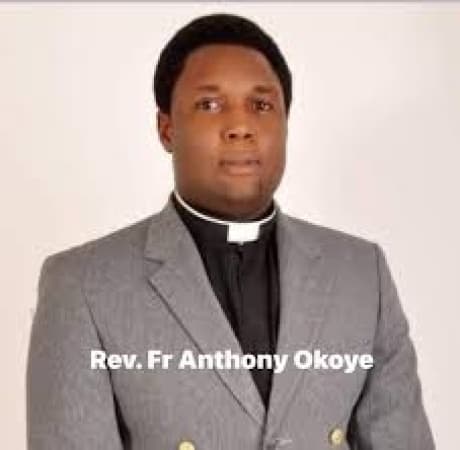
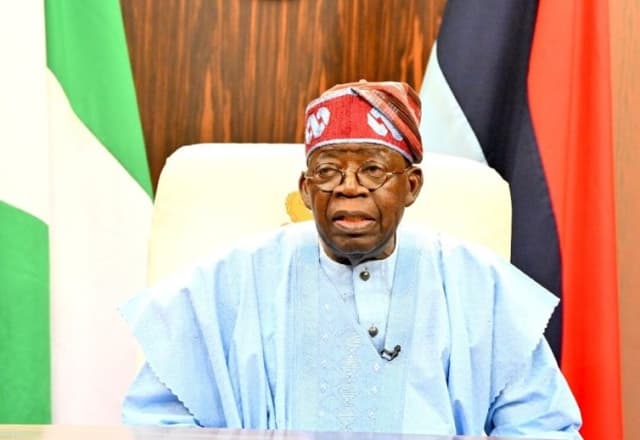
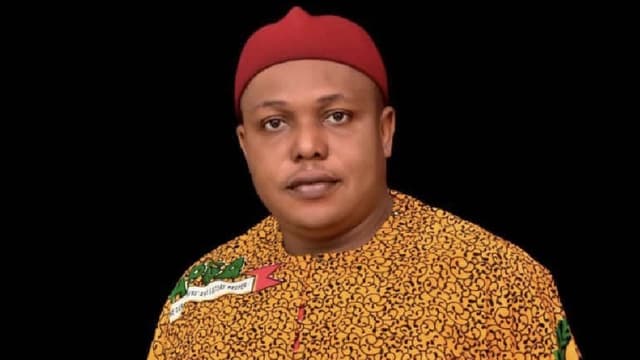

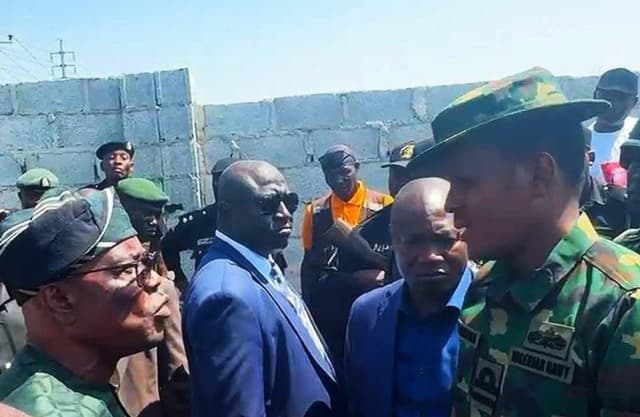
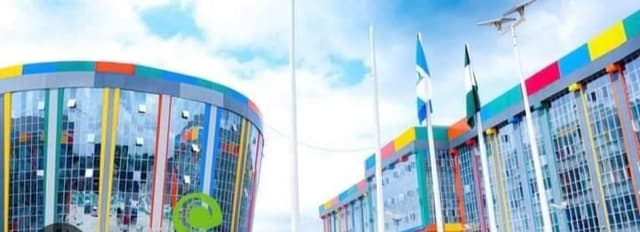
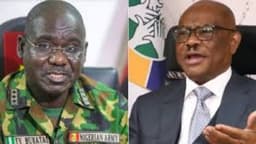
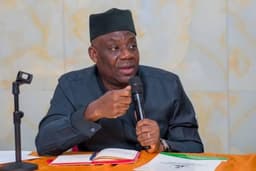
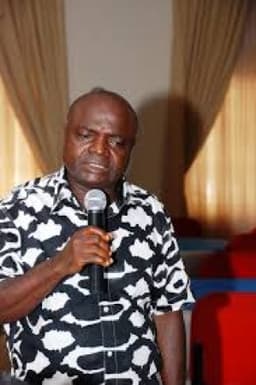
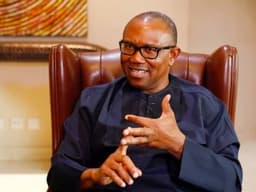
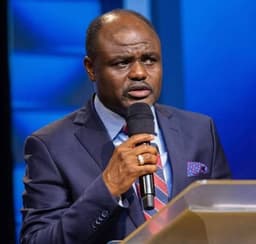


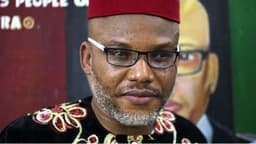



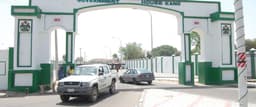
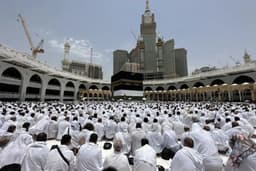
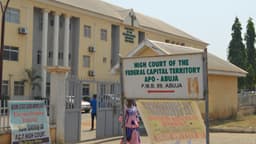
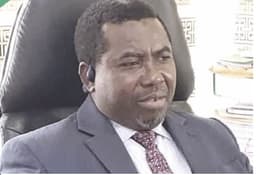
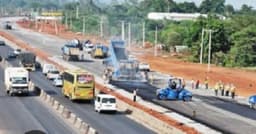
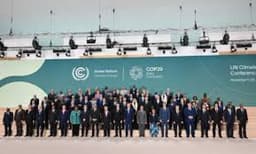

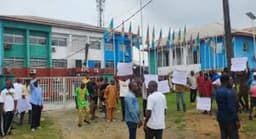
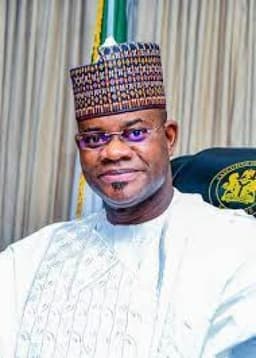

NEWS EXPRESS is Nigeria’s leading online newspaper. Published by Africa’s international award-winning journalist, Mr. Isaac Umunna, NEWS EXPRESS is Nigeria’s first truly professional online daily newspaper. It is published from Lagos, Nigeria’s economic and media hub, and has a provision for occasional special print editions. Thanks to our vast network of sources and dedicated team of professional journalists and contributors spread across Nigeria and overseas, NEWS EXPRESS has become synonymous with newsbreaks and exclusive stories from around the world.